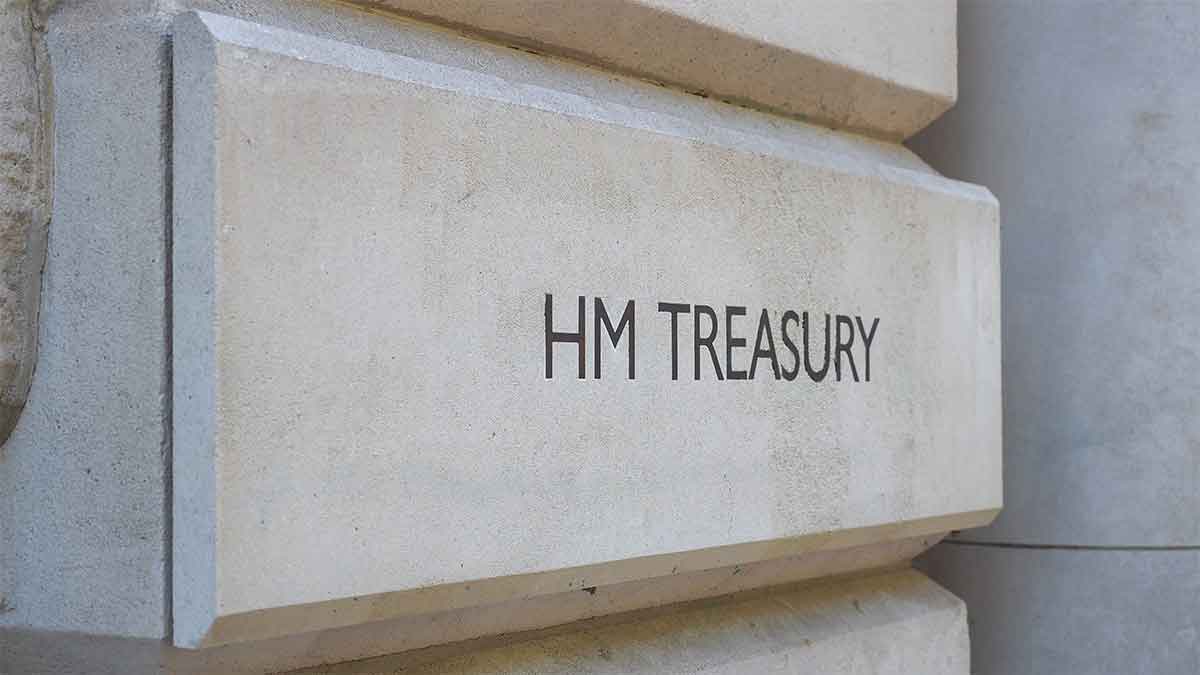
Reforming tax incentives to encourage employers to invest more in occupational health provision could cost the Exchequer ‘tens of millions’ of pounds over the next five years, the government has admitted.
However, ministers believe these additional costs, as outlined in a Treasury and HM Revenue & Customs consultation, will be offset by the benefits of increased labour market participation, people with health conditions being more likely not to fall out of the workforce entirely, and people being incentivised to return to the workforce because they know they will get more support for health conditions.
The consultation, Tax incentives for occupational health, is running concurrently with a Department for Work and Pensions consultation gauging views on how best to expand access through the development of new OH delivery models, workforce reform and national “health at work” standard.
The Treasury/HMRC consultation, which like that of the DWP, runs until October, is focused on the case for tax incentives, particularly the value of expanding the Benefit in Kind (BIK) exemption for medical benefits to encourage greater employer provision of occupational health services.
As chancellor Jeremy Hunt has put it in the foreword: “We look forward to working collaboratively with stakeholders to determine whether, as part of a package of policies on occupational health, there is a case for providing further support to employers through the tax system or through alternative tax incentives, and the impact of such incentives on different groups of businesses.”
OH provision currently ‘inconsistent’
The consultation recognises that, while access to expert-led OH services can support both return to work and retention in work, provision at the moment is inconsistent. “Only 45% of GB workers currently have access to OH services, lower than some international comparators. Provision is markedly lower in small (18%) and medium sized (49%) businesses,” it adds.
A number of costs are already covered by the existing BIK exemption, the consultation makes clear. These include recommended medical treatment to help an employee return to work (up to a value of £500), the cost of annual health screenings and medical check-ups, welfare counselling, and eye tests and glasses or contact lenses.
Equally, any expenses incurred by an employer on OH services will normally be eligible for a deduction when the business is calculating its taxable profits. This is provided that, first, those expenses are of a revenue, not capital, nature and, second, the sole purpose is for the employer’s trade.
As part of the consultation, the government has said it is keen to understand how these existing arrangement are working. “In particular, the government is keen to understand the variance in the offering of large businesses versus small businesses, where large businesses are five times more likely to offer OH; and the extent to which changes to the tax treatment of OH services influences their use,” the consultation says.
However, the consultation is also looking to explore the case for expanding tax relief to cover a wider range of treatments.
This could include providing health screenings and medical check-ups for employees within more specific pre-defined limits, including scrapping the £500 cap; offering treatments that aim to reduce workplace absence or enable employees to perform better, including preventative treatments; and offering flu vaccinations, where paid for by the employee and later reimbursed by the employer.
“The government’s initial assessment is that expenditure in the areas outlined above may aid the health of employees and ultimately help to prevent people from leaving the workforce,” the consultation states.
“However, there are also likely to be drawbacks associated with expanding BiK reliefs, including cost to the Exchequer, deadweight loss (providing a tax benefit where OH provision would have been offered anyway), limited behavioural impacts, and subsidising costs which do not relate to OH,” it adds.
The consultation also makes it clear there are some areas where the government does not see a case for providing further relief. These are:
- Private medical insurance for employees.
- Non-clinical treatments, such as wellness retreats, fitness classes, or gym memberships.
- Wages for OH staff employed by the business.
- Consulting costs, for example relating to the development of a business’ OH strategy.
- Costs relating to family members of employees.
- Costs relating to persons that are not employees.
Sign up to our weekly round-up of HR news and guidance
Receive the Personnel Today Direct e-newsletter every Wednesday
The consultation is also seeking to gauge views and insight into alternative possible tax arrangements, for example the value (or not) of providing businesses with “a super-deduction” on certain OH costs. This would mean that the more money a business spent on OH, the less tax it would have to pay, the government has argued.
The consultation runs until the afternoon of 12 October and can be found here.
For all the latest Health News Click Here
For the latest news and updates, follow us on Google News.
